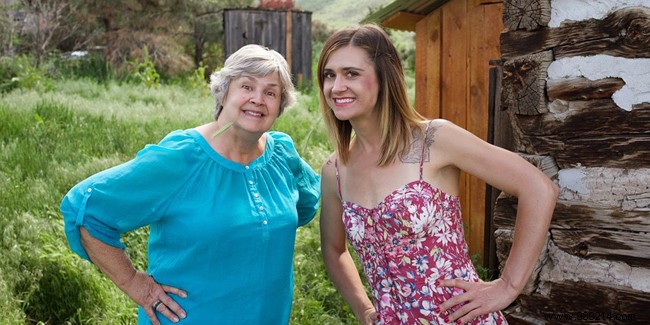
Let's talk about intergenerational shared accommodation, and more specifically, shared accommodation made up of an elderly person and a student. This system is now increasingly used in France and in particular in large cities, where the price of rents and the shortage of housing are raging.
However, before getting started, it is better to know what the advantages and disadvantages of such a cohabitation are for both parties, this is what we are going to develop in this mini file.
With this system, students can find a simple way to find accommodation inexpensively, or even free depending on the case. The young person will undoubtedly be able to find a room in a big city, where rents are often overpriced. In addition to the low cost of rent, students living in intergenerational shared accommodation can afford to live in more reputable neighborhoods and in a house, sometimes with a garden, or an apartment that is often quite spacious, quiet and in good condition.
Aside from the financial aspect, intergenerational shared accommodation makes it possible to break a certain loneliness both for the student returning from class, and for the elderly person who finds himself far too often alone. By embarking on this type of project, you will experience a truly beautiful human adventure full of sharing and understanding.
In return for the low rent, young students will often be able to provide you with small daily services, such as running a few errands, making an appointment with the hairdresser or helping you prepare meals.
You can teach some of your recipes or even gardening to your roommate, and he or she can introduce you to a new language, introduce you to gardening or play chess with you, everything is possible if you get along well and manage to you agree.
Since the Elan law (evolution of housing, development and digital technology) published on November 24, 2018 in the Official Journal, it is possible to create a solidarity intergenerational cohabitation contract, in order to promote the development of this form of shared accommodation. In addition, this contract allows both the lessor and the tenant to receive personalized housing assistance (APL), which was not the case previously and could therefore constitute a brake on this type of housing.
This seems obvious, but the student and the elderly person must do their part. If you want to embark on this adventure, both must be understanding, like the sense of sharing and still grant independence to the other.
You will have to adapt to the rhythm of life of the other and show a minimum of tolerance, open-mindedness and respect the rules that you will have defined together by mutual agreement.
For students, it is strongly advised to be calm and have patience. The young roommate will not have to party every Tuesday and Thursday evening in your living room for example, he will however have to do some small favors for you but will not provide you with medical care
If you are still hesitating to take the plunge, be reassured, associations take care of finding you the student who will share your life for a while. They do not choose just any candidate, the applicants are selected and must all read and sign a "one roof, two generations" charter in order to be aware of all their duties and freedoms.
Structures such as the association Habitat et Humanisme, are setting up a new offer of social housing in intergenerational shared accommodation accessible to people of different generations, autonomous, and with modest incomes:single-parent families, people under 30 or over 55 years old. Several collective living spaces are "shared" by the roommates:garden, terraces, conviviality room; and a tenant association makes it possible to invest in the management of these common spaces.